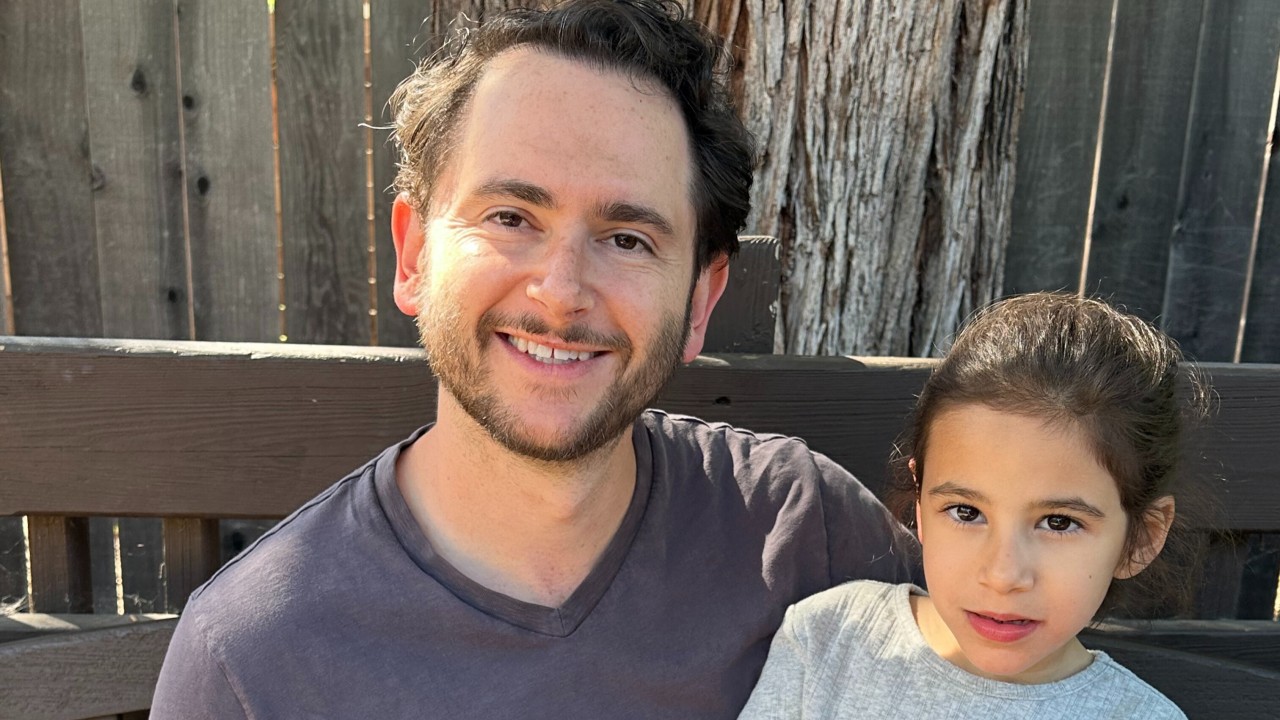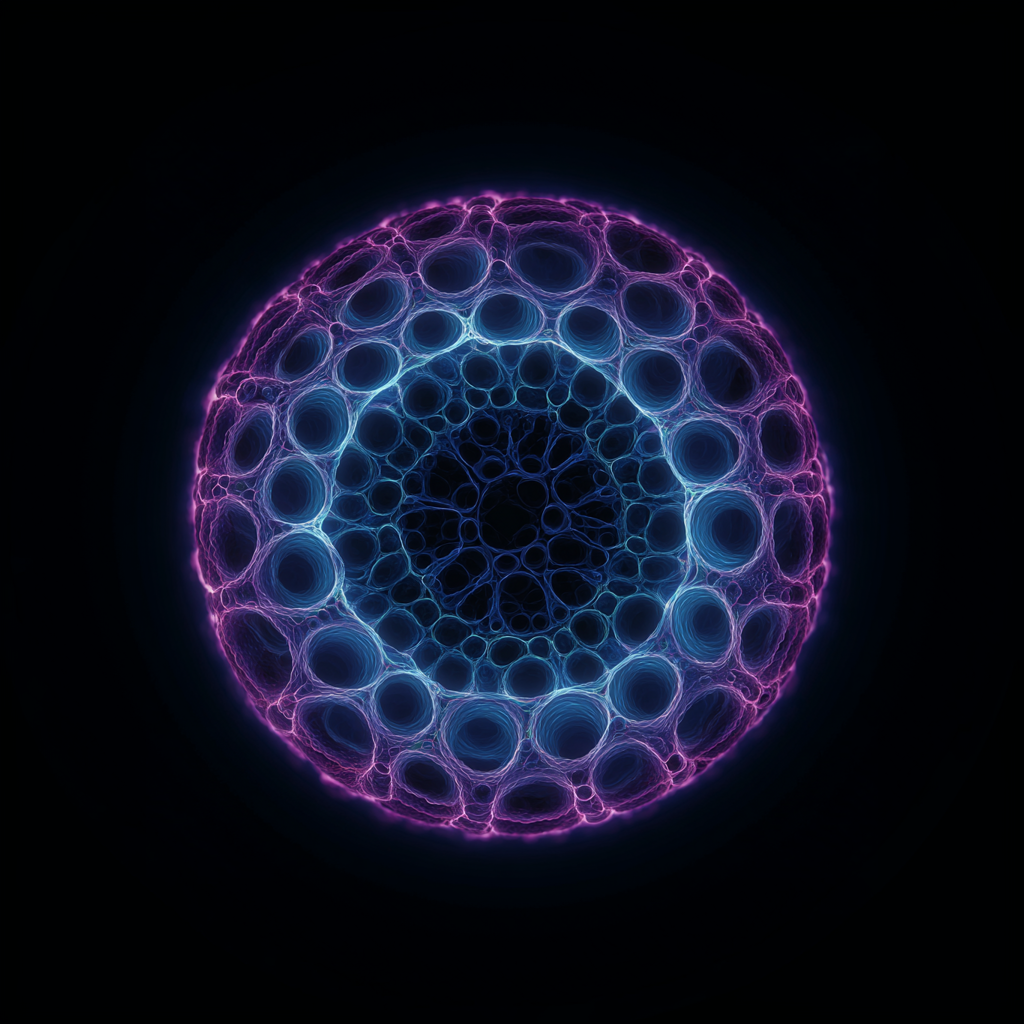When Tech Timelines Meet Bedtime - A CEO’s Race to Rewrite His Daughter’s Story with Rett Syndrome.

Noah Auerhahn didn’t set out to build a biotech company; he just wanted to help his daughter, and that love turned into a relentless drive to understand Rett syndrome, push through bureaucratic hurdles, and develop real treatments for Ellie and kids like her.
When I first spoke with Noah Auerhahn , he came across as the quintessential tech founder. He is meticulous, data driven, tracking timelines and milestones with a quiet enthusiasm I can't help but admire in this type of thinker. Then, about halfway through our conversation, he paused, took a breath, and said, “I think I’m obviously a better person because of it, but it’s still bullshit… and it’s been really hard and tiring and unfair to my daughter.” In that moment, the founder fell away and I heard the raw dad vibes - honest and utterly committed to giving Ellie every chance.
Noah’s journey began the night Ellie was diagnosed with Rett syndrome. “Within the night we were diagnosed, I was online looking for a tutor to get me up to speed on the disease." He described those first six months as manic. He read so many papers it felt like reading Latin. You come to a word, you look it up," pushing himself until he could “speak the language really, really quickly.” Every morning, he wrestled with the fear that if Ellie lost another skill, it might be gone forever. “Every day felt like she was drifting out to sea,” he said. “What could we do right away?”
He didn’t just immerse himself in science of Rett but he made a promise...a goal: “We want her to be happy, not in pain, with it, loved. And when she’s 18, I want her to be able to do whatever she wants.” That vision fueled late‑night dosing decisions and weekend experiments with repurposed drugs. When one helped her seizures or sleep through the night he’d tweak the next dose.
Noah also learned something fundamental about being a dad. “If I wasn’t present and a good dad, what’s the point? Kids do not care what you do, they just want your attention.” He doesn’t sugarcoat the roadblocks. “I spent two months trying to get an effing mouse,” he admitted, describing university licensing hell. Yet every setback only fired him up. “The ball’s in my hands, I want to move the ball,” he said. No committees, no passive grant proposals, just a father refusing to let bureaucracy decide Ellie’s fate.
In the past two years, Noah transitioned from experimenting with repurposed drugs in his home lab to co‑founding Uncommon Therapeutics with Dr. Ryan Lim. Together, they’ve advanced three novel therapeutic candidates into animal studies which each are designed to address the underlying biology of Rett syndrome. Noah is clear that this work isn’t just for Ellie and that he’s committed to developing treatments that can improve the quality of life for children living with Rett and other uncommon diseases.
He still gets frustrated. “It’s still bullshit,” he repeats, because knowing how to build a therapy doesn’t erase the injustice of watching a child struggle. But he also believes in the power of persistence. “I had to hire a PhD who’d spent ten years studying Rett to work directly with me and I was the one teaching her the clinical side. If you can pair being grounded in the science and then understanding the end user, in this case the patient, well that’s a superpower.” I couldn’t help but think that this sort of upside‑down classroom is exactly what makes parents the best problem‑solvers sometimes.
Noah’s journey isn’t just about fancy lab work or the latest startup playbook. It’s about a dad who insists on marrying love with science, who measures success in Ellie’s laughter and regained movements, who refuses to accept that “unfair” must become “inevitable.” If we ever doubt the real stakes behind drug development, as Noah put it, “Our life doesn’t suck as much as it otherwise would.” And in those six simple words is the real ROI of all this work.
-By Effie Parks, CTNNB1 mom & storyteller at Once Upon a Gene. Bearing witness. Following starlight. Carrying the fuel.
Written for the Curetopia story series - real families, real stakes, and the science that just might catch up because of it.
Discover more entries
.png)
The Hidden Cost of Slow Science: Opportunity Loss in Human Lifespan
An exploration of how slow-moving science costs people years of their lives, showing that when research drags, the price is paid in lost chances for longer, healthier lives.

.png)
